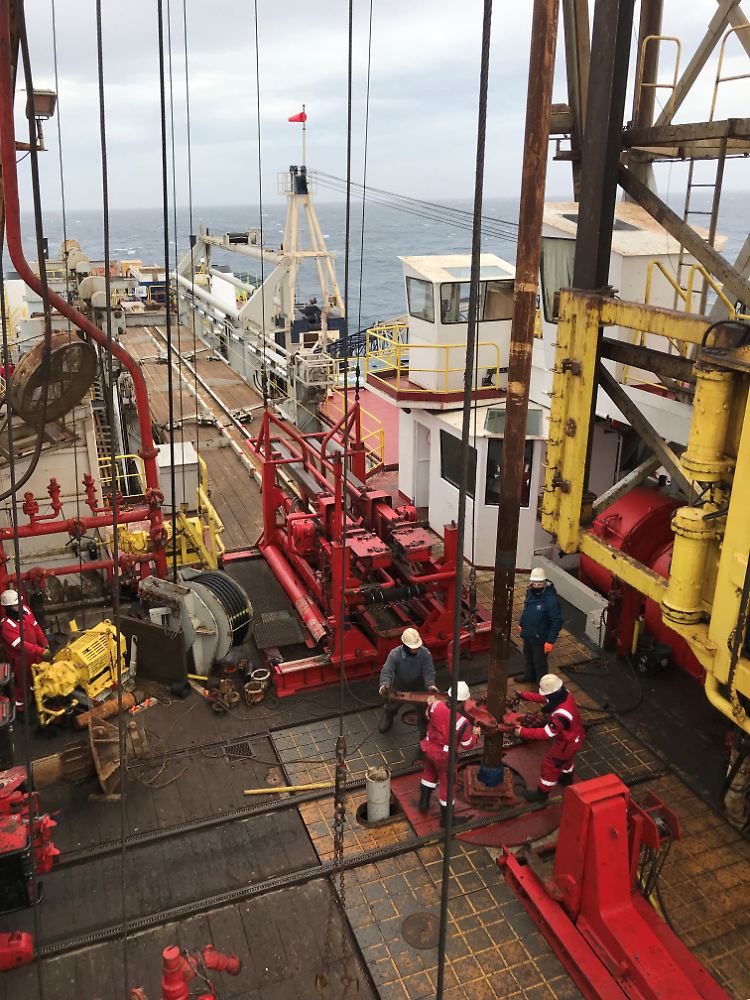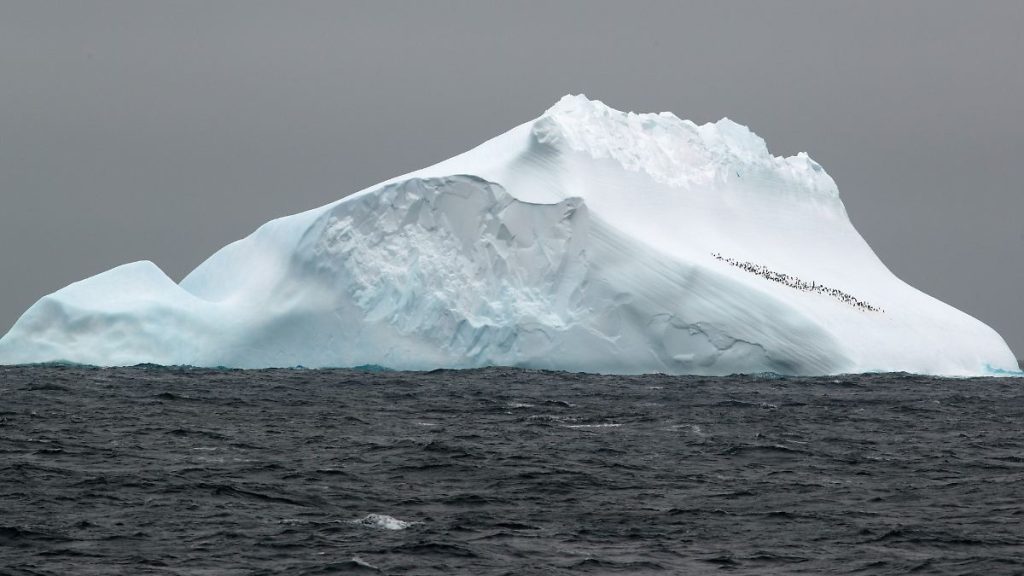Sediments from the deep sea
Million-year-old DNA has been found in Antarctica
Million-year-old DNA has been found in Antarctica
07/07/2022 09:46 AM
Off the coast of Antarctica, a research team has discovered the genomes of creatures that lived a million years ago. This makes it the oldest DNA found in marine sediments to date. The discovery could also provide insights into the consequences of current climate change.
A research team led by the University of Tasmania has discovered a million-year-old genetic material in the deep sea near Antarctica. According to researchers, this is the oldest marine DNA, said the University of Bonn with, whose researchers participated in the discovery. Study in the magazine Nature Connections Back. According to the researchers, the results show that DNA in deep-sea sediments (SedaDNA) could open the way for studying the long-term responses of marine ecosystems to climate change.

DNA was obtained from the sea floor during IODP Expedition 382 “Iceberg Alley, Subantarctic Ice and Ocean Dynamics” in 2019.
(Photo: Michael Webber)
“This is by far the oldest validated marine SedaDNA,” explains Linda Armbrecht, who led the study from the University of Tasmania. Among the organisms that were discovered were diatoms whose DNA can be traced back up to half a million years. The analyzed sediments were obtained during an expedition in 2019.
Ancient DNA analysis of sediments is a new technique that helps decipher which organisms were in the sea and when they were in the past. In addition, times of major changes in sediment composition can be linked to climatic changes. These findings can help make predictions about how marine organisms around Antarctica will interact with current and future climate change.
Diatoms are abundant during warm periods
The data revealed that diatoms were abundant during periods of warm climate. The last such change in the Scotia seafood web occurred about 14,500 years ago. “This is an interesting and important change related to the rapid global sea level rise and massive ice loss in Antarctica due to natural warming,” said study co-author Michael Weber from the University of Bonn. Warming appears to have increased marine productivity around Antarctica.
According to the researchers, the findings will also help assess current and future changes in marine life around the frozen continent. Antarctica is one of the most vulnerable regions on Earth due to climate change. According to the Bonn University statement, research into the past and current reactions of the polar marine ecosystem to environmental and climatic changes is of critical importance.

“Total coffee aficionado. Travel buff. Music ninja. Bacon nerd. Beeraholic.”








More Stories
Coral Seeding: Artificial Insemination Makes Coral More Heat Tolerant
Fear, Anger, and Denial: How People Respond to Climate Change – Research
LKH Graz: Using radiation to combat heart arrhythmias